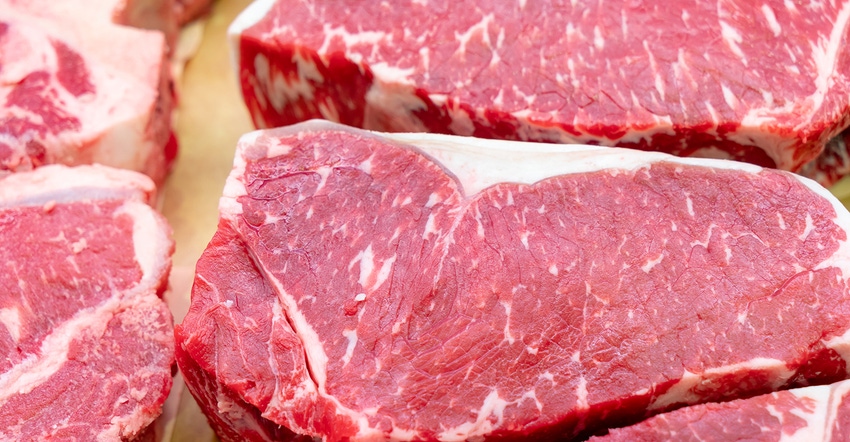Country violates WOAH reporting requirements in recent atypical BSE case.
March 1, 2023

Last week, Brazil reported another atypical case of bovine spongiform encephalopathy (BSE) to the World Animal Organization for Animal Health (WOAH). That report indicated 35 days elapsed between when the case was first identified on January 18, 2023, and the date it was confirmed on February 22, 2023. Calling it a clear violation of WOAH reporting requirements, National Cattlemen’s Beef Association (NCBA) is pressing Secretary of Agriculture Tom Vilsack to take immediate action to indefinitely suspend beef imports from Brazil until it has made systemic reforms and takes necessary steps to restore confidence in the nation’s ability to participate in the global beef supply.
According to NCBA, Brazil is incapable of prompt testing and the reporting requirements that all nations must follow when engaging in international beef trade.
“We have seen Brazil repeatedly fail to meet the 24-hour requirement for reporting of animal diseases listed by WOAH. In order to protect the safety and security of the U.S. herd, and American cattle producers, we demand USDA take immediate steps to block further beef imports from Brazil,” said NCBA president and South Dakota cattleman Todd Wilkinson. “Furthermore, we expect USDA to keep the border closed to Brazil until they can demonstrate that they are willing and able to play by the trade rules that govern all other nations. If they can’t play by the rules, they don’t deserve access. Secretary Vilsack needs to act now, rather than kicking the can down the road.”
NCBA sent a letter to USDA, demanding immediate action on this issue, and is also supportive of bipartisan Senate legislation to suspend Brazilian beef imports pending a review of Brazil’s standards.
“For too long, American cattlemen and women have honored the laws governing international trade, promoting fair and equitable standards, only to have nations like Brazil ignore those same standards. Brazil cannot be allowed to benefit from the investments we have made to build a massive demand for beef around the globe,” said Wilkinson. “If trade partners like Brazil fail to follow the rules, there must be consequences, they must be painful and immediate.”
You May Also Like



